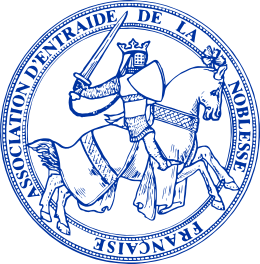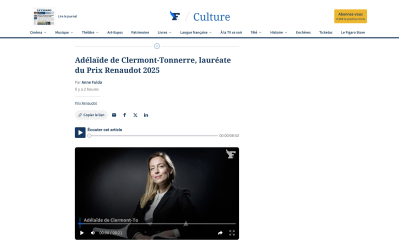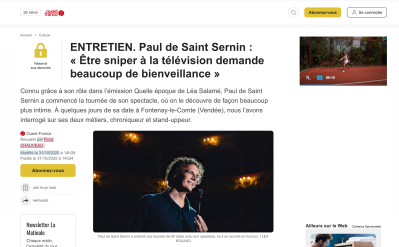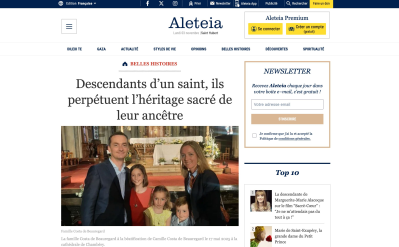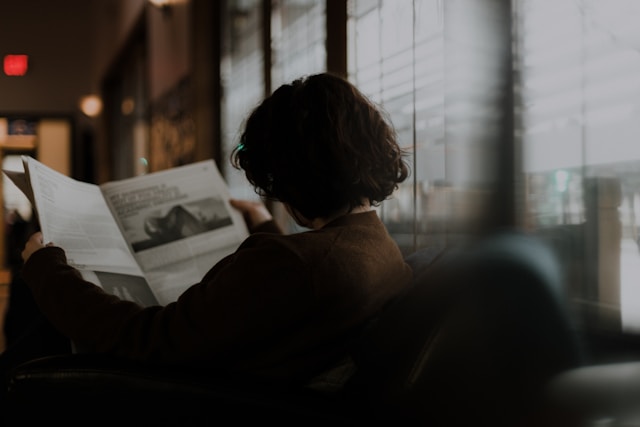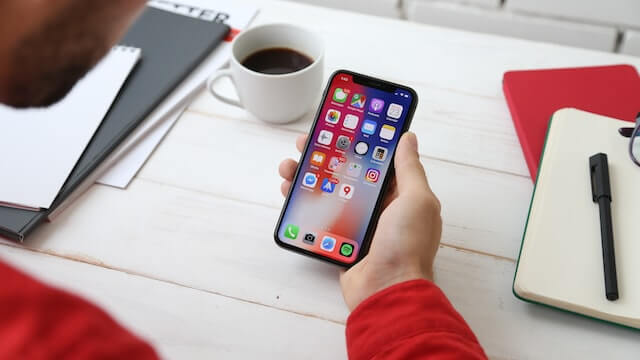News
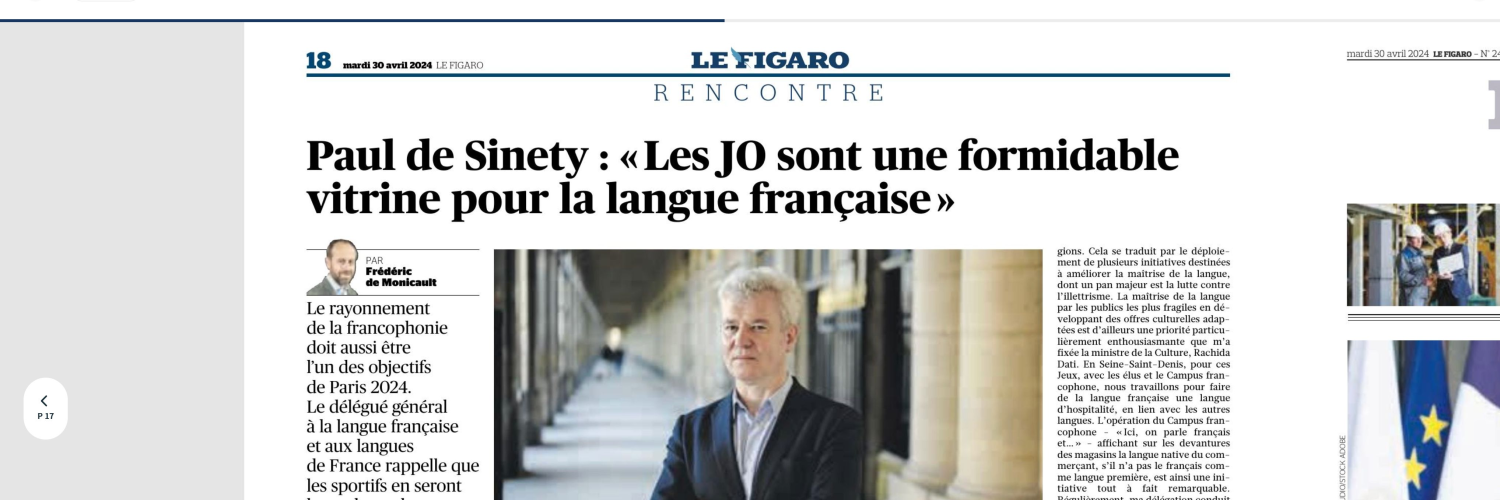
Le Figaro: "Paul de Sinety: "The Olympics are a wonderful showcase for the French language"".
29 April 2024
Press review
Viewed 412 times
ENTRETIEN : The influence of the French-speaking world must also be one of the objectives of Paris 2024. The general delegate for the French language and languages of France points out that athletes...
You must be logged in to read more
